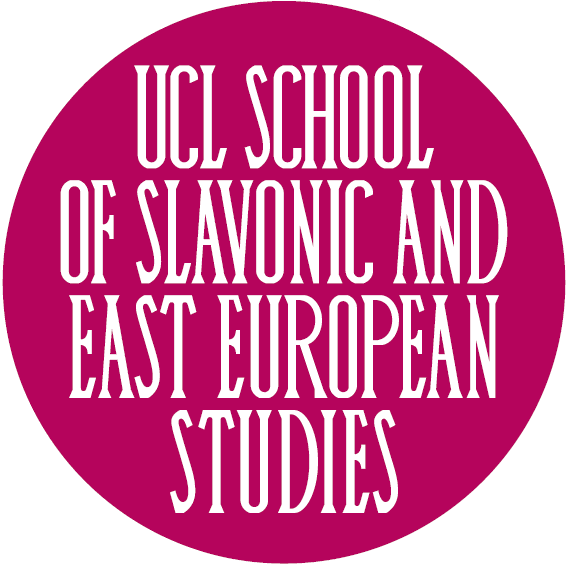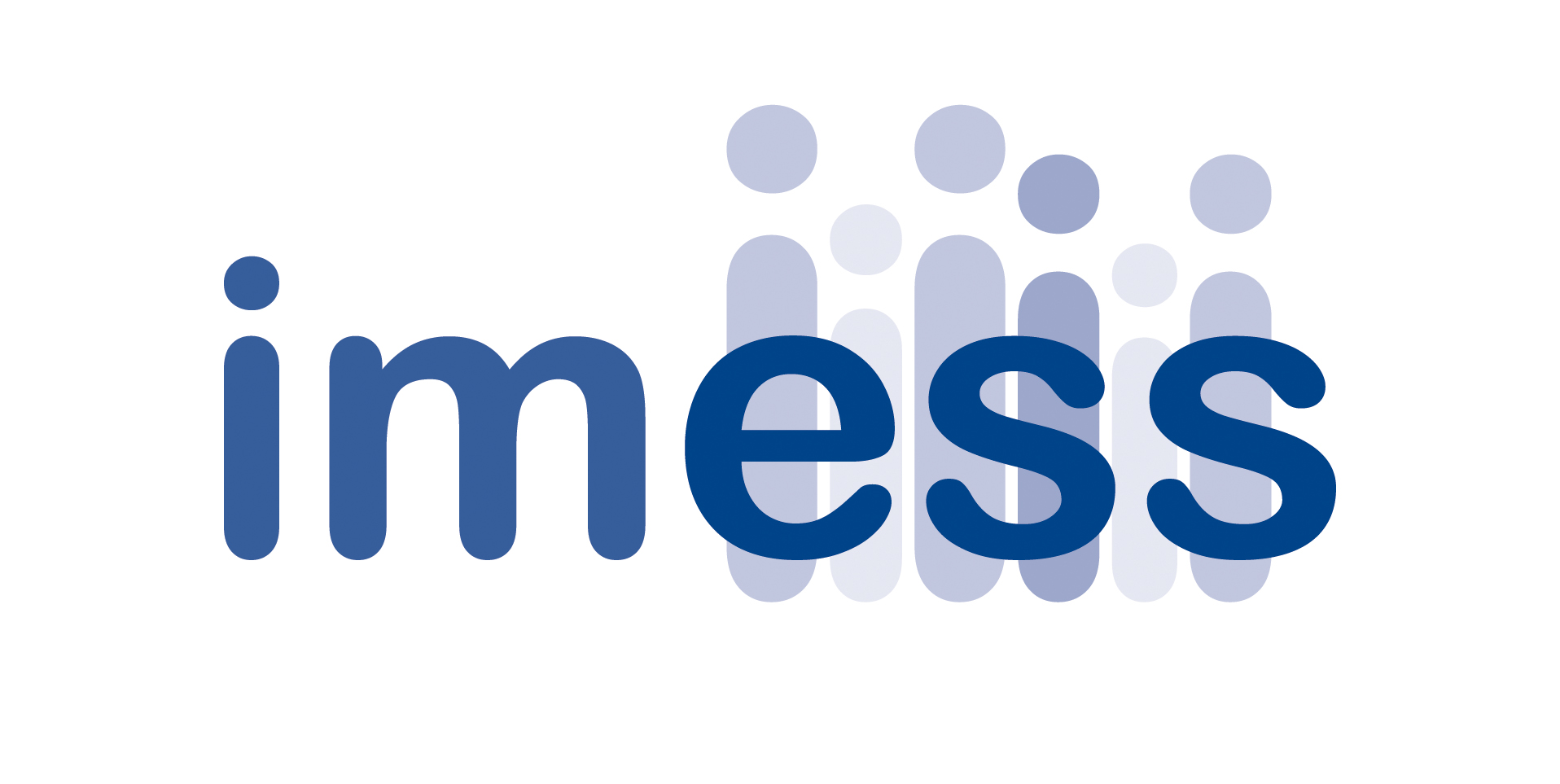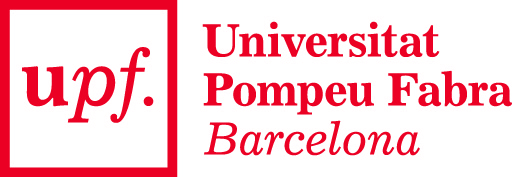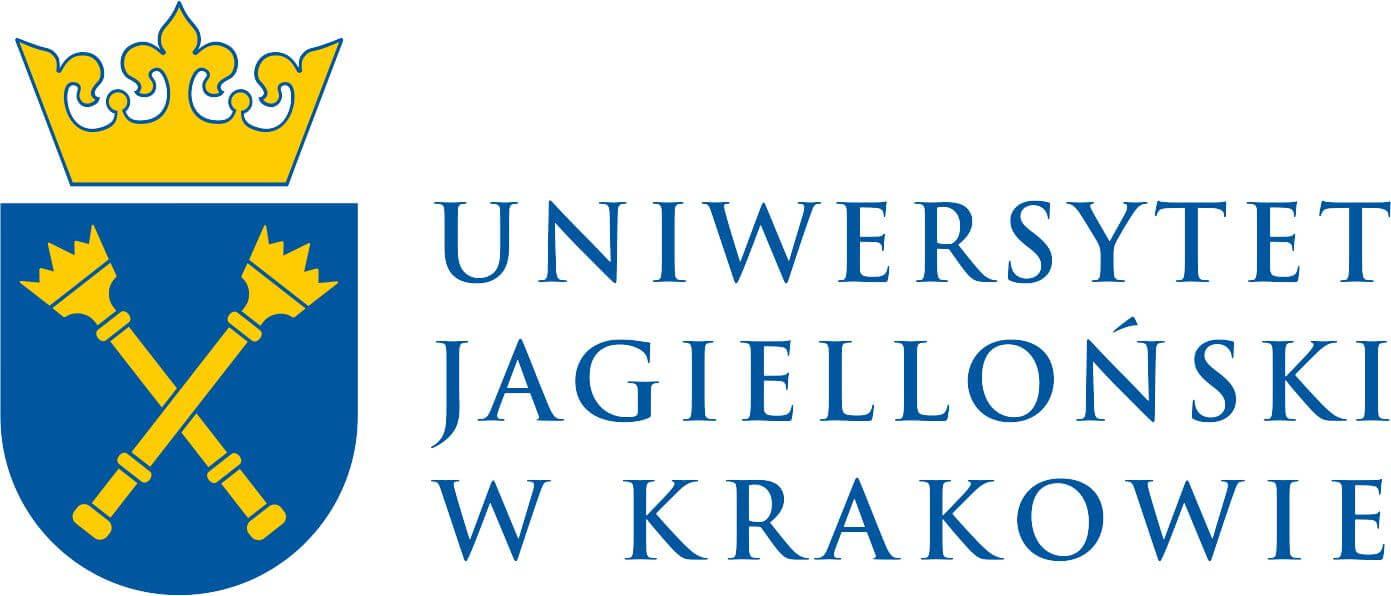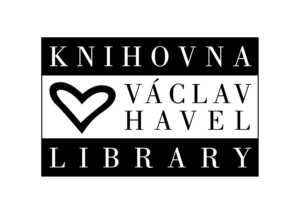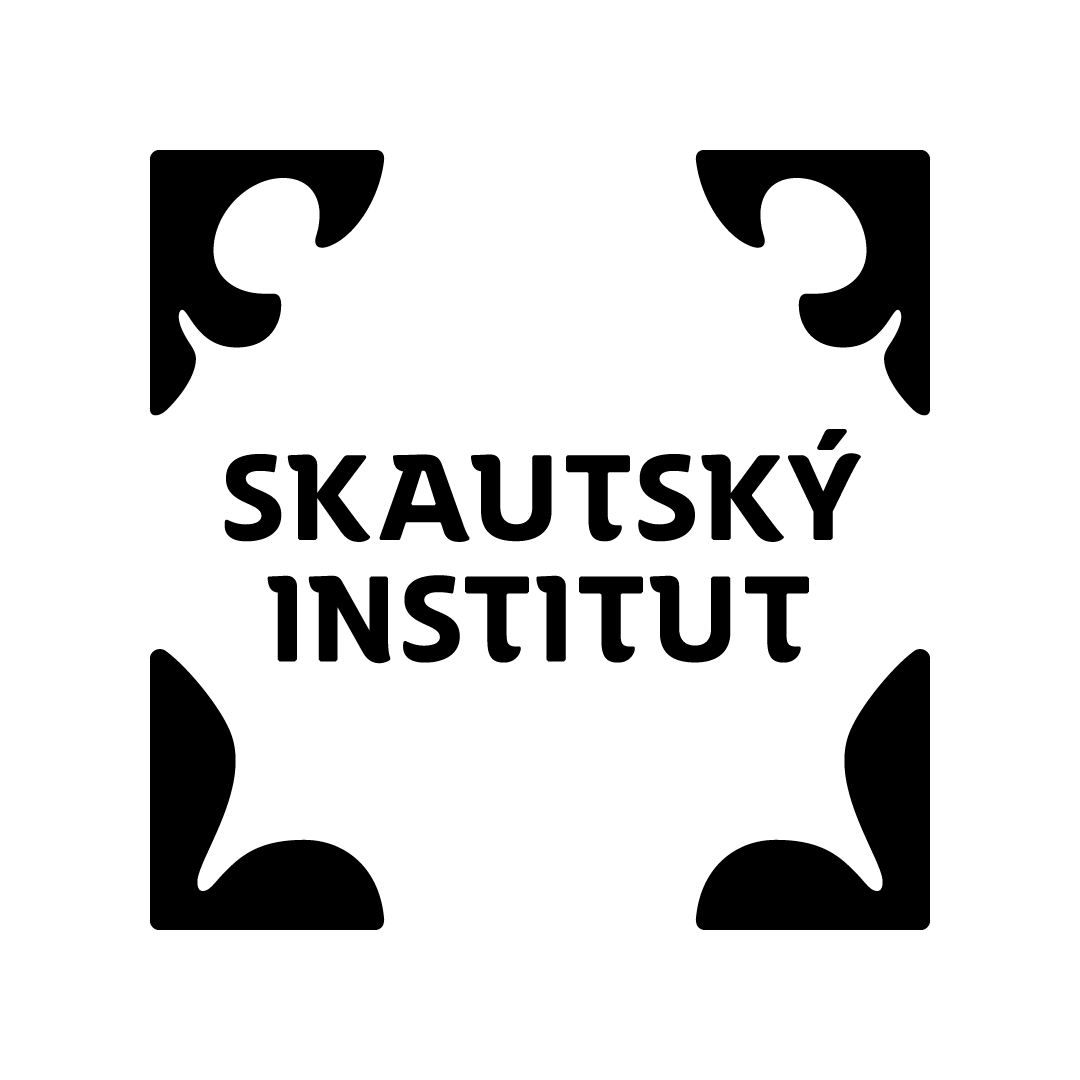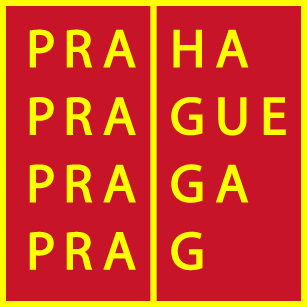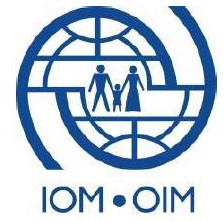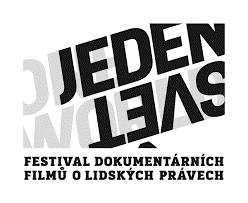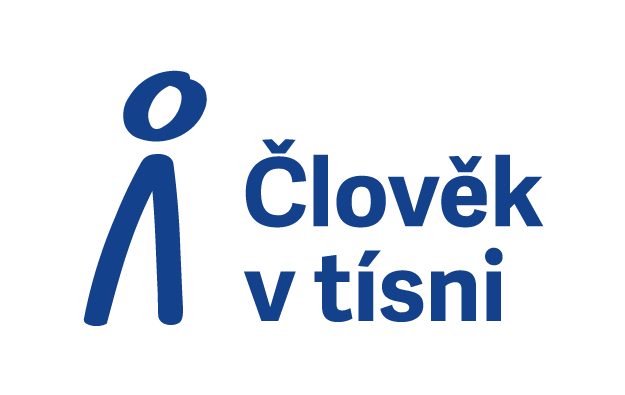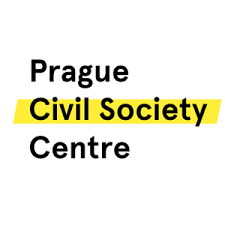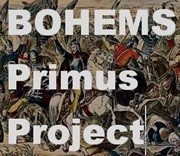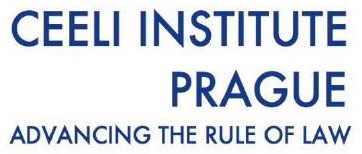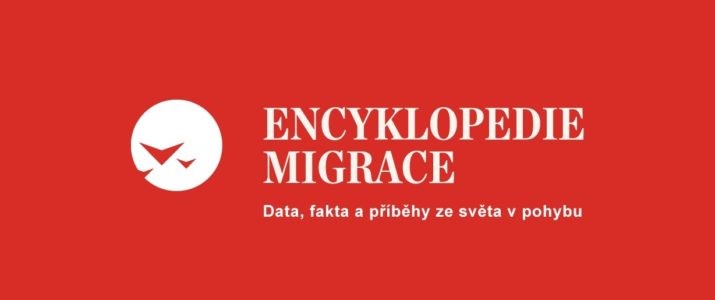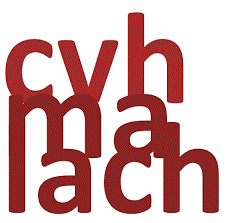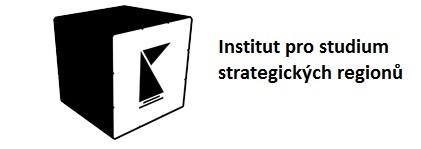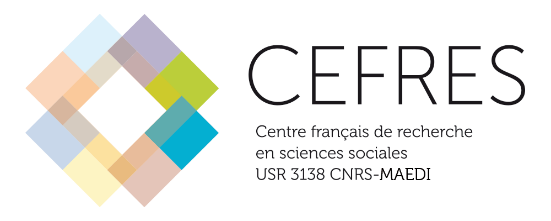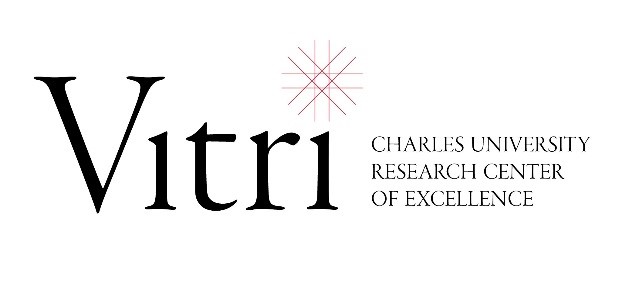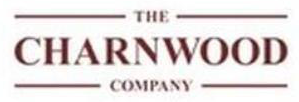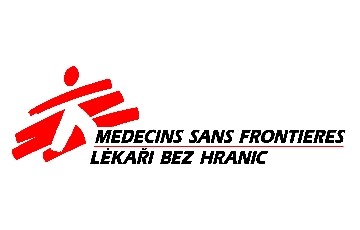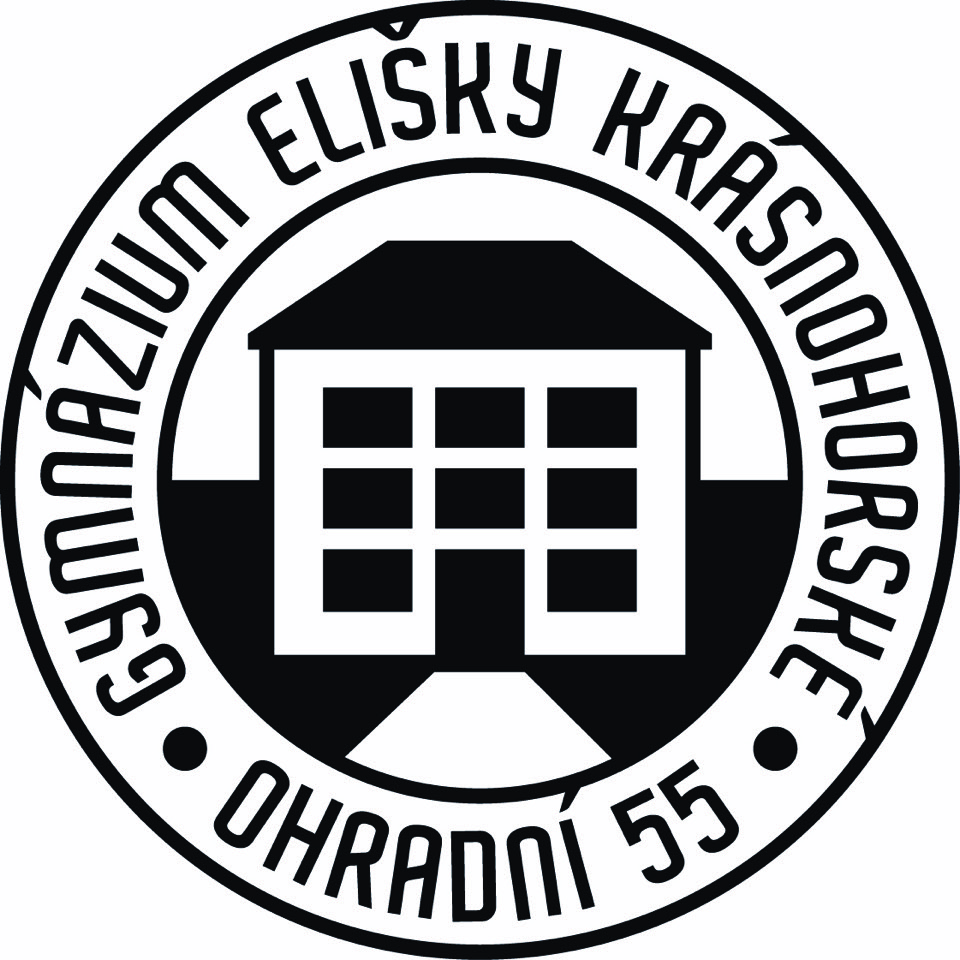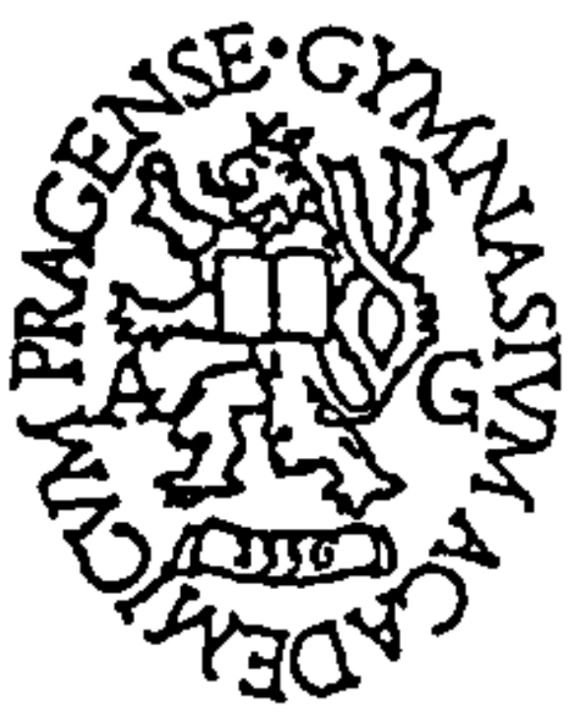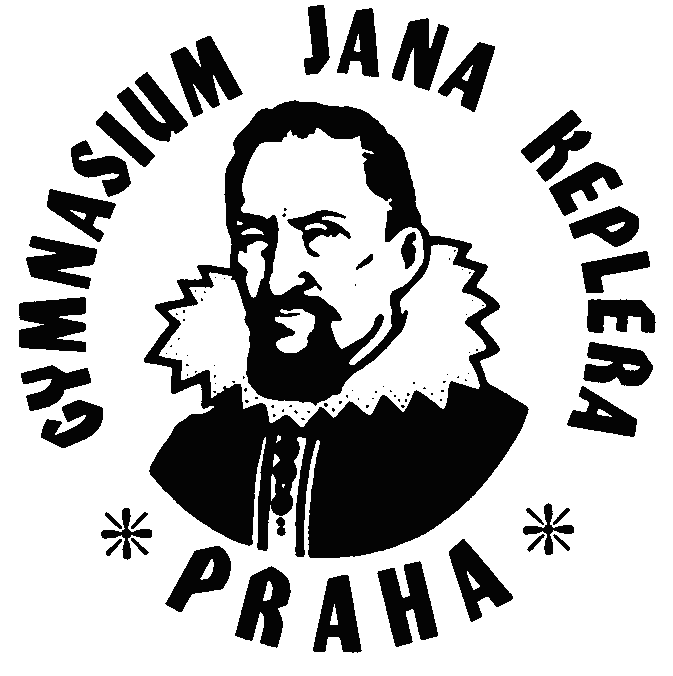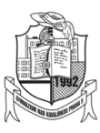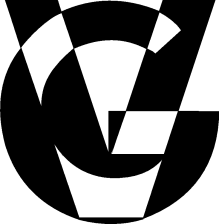German and Central European Studies (GCES)
German and Central European Studies (GCES)
Master's degree in Czech language
General Information
German and Central European Studies is a Master's degree programme offered as a double degree, i.e., it is a programme completed with two diplomas from two partner universities, in cooperation with Uniwersytet Komisji Edukacji Narodowej w Krakowie, one of the best Polish universities. The programme is relatively new. However, in the short time since its inception (since 2014), it has already drawn the attention of students, and we are continually experiencing a growing interest in this study programme. The studies focus on a multidisciplinary research on the German-speaking countries (especially Germany and Austria) and Central European countries (especially the Czech Republic and Poland), and their mutual relations. The multidisciplinary research is combined with methods and approaches from modern and contemporary history, political science and international relations, as well as cultural sciences. The emphasis is placed on the political, legal, economic, social and cultural development of German-speaking countries in the Central European and, more broadly, the European context. Particular attention is also paid to relations and comparisons with the Czech Republic and Poland, as well as to the history of the Germans in the Czech lands and Poland, and in areas whose allocation to the respective state has changed throughout history.
Admissions
The admission procedure is one rounded and takes the form of an interview. It consists of two parts:
- Presentation of the student's motivation for studying the given programme, especially an interview on the list of relevant expertise literature submitted by the student in Czech language (max. 30 points)
- Language skills testing by means of an English and German conversation over a specialized or other up-to-date text in the relevant language. The text is received by the student during the entrance exam and his/her task is to introduce its content and discuss its topic (max. 30 points)
The Department of German and Austrian Studies holds a Doors Open Day every year, please find more information here
Up-to-date information on events at the Department can be found on the official website and on Facebook of German and Austrian Studies in Prague
The academic supervisor of the specialization is doc. PhDr. Ota Konrád, PhD.
COMPETITIVENESS OF GERMAN AND CENTRAL EUROPEAN STUDIES GRADUATES
The main advantage for the graduates, apart from the excellent language skills (German, English and Polish are widely used in the studies and Polish is also taught during the course) is the flexible application of the acquired knowledge, skills and work habits in a wide variety of disciplines. Another great advantage and benefit of the studies is the experience in the field, which, apart from various one-time activities (international seminars, excursions, etc.) consists mainly of one semester study at the Krakow partner university and hand in hand with it profound insight into life in Poland. As a result, the graduates find employment in fields focused on Czech-German, Czech-Austrian and Czech-Polish cooperation, but also in international relations and European affairs, working as experts in diplomacy and state administration, international and domestic companies, in the media and non-governmental organizations, but also in business companies focusing on the Central European region.
The programme uses funding opportunities from Czech, Polish and German sources. So far all students have succeeded in funding their studies in Krakow by the Erasmus programme, but they also managed to get funding from the CEEPUS programme and also for the weekly interactive seminar focused on Czech-Polish cultural studies. However, we also managed to receive funds from the Czech-Polish Forum. Another great advantage and opportunity is a high proportion of lectures and seminars in the German language offered by professors of German universities and also by Czech lecturers. Apart from that, here are also lectures and seminars in Polish, especially during the one semester studies in Krakow. Foreign excursions are held and semestral scholarships are provided to the partner university in Düsseldorf (Heinrich-Heine-Universität) or monthly scholarships to Krakow or Vienna. Within the framework of the DAAD programme there is also a permanent German associate professor (DAAD-Langzeitdozent) and a German tutor (DAAD-Tutor), whose competencies can also be used by our students.
Of course, the students of this programme also study at some of the prestigious German and Austrian universities on the basis of scholarships within the framework of the Aktion Österreich or Erasmus programme or within the framework of the already mentioned DAAD Deutschprachige Studiengänge programme.
WHY STUDY GERMAN AND CENTRAL EUROPEAN STUDIES?
Still not sure why you should study the German and Central European Studies programme? Have you got no idea about what benefits can these studies can offer you? Here is a little inspiration:
1. We will open your door to studying abroad
Virtually every student spends at least one semester at a foreign university. He or she usually opts for one of the partner universities in Germany or Austria but can also choose another European country. Thanks to the unique cooperation with the German organization DAAD, you can also study at the Düsseldorf partner university (Heinrich-Heine-Universität). You do not have to worry about not being able to pay for all the costs connected with staying abroad, because the Department offers a wide range of scholarships and we can help you to receive others from the German and Austrian institutions or the Erasmus+ Programme.
2. Communicate in German, English and Polish
During the course you will attend courses in Czech, Polish and German, and additionally also in English. Many lectures and seminars are taught directly by experts from Germany and Austria and, of course, also from Poland. Do you not believe your language skills enough to enroll in a German course? We have the experience that those who strive make tremendous progress in German during the first year of their studies. Are you afraid that you do not master Polish so as to study successfully in Krakow during the first year of your studies? Experience has hitherto shown that there is no need to worry. All our existing students, most of whom started with Polish from the very beginning, have learned this language well enough so that they had no difficulties neither to study in Polish nor to lead discussions with Polish examiners. Our tutor, a native speaker who is usually only a few years older than you, is also helping to overcome the pitfalls of the German language. Polish and also Polish cultural studies are taught by a very popular lecturer otherwise teaching at Charles University.
3. Lecturers will approach you as partners
Among the lecturers who teach the Department, there are representatives of different generations. All of them, however, rank among the leading experts on their topics and their tuition usually takes the form of interactive seminars. Are you interested in foreign policy, the party system, economic development, culture or recent history in connection with Germany and Austria? Our lecturers will like to discuss (not only) these issues with you and they will support you in what you are interested in, including the choice of your thesis topic.
4. We will support you in your preparation for practice
The department supports students in finding internships in German language institutions, organizations or firms. The internship will allow you to get your first work experience, valuable contacts, and an interesting item in your CV. The network of employers who hire our interns is continually growing, also thanks to the graduates who remain in touch with the Department after their graduation. Our graduates are employed in state administration, diplomatic institutions and international non-profit organizations, the media and in business.
5. You can look forward to a friendly environment
Due to the limited number of students accepted, there is a friendly atmosphere at the department. You can get to know the lecturers better on informal meetings or various workshops and excursions in the Czech Republic and abroad. The students' self-government, which organizes trips, sports events and social gatherings for students of the whole institute, also contributes to the pleasant environment.
6. Get skills and knowledge
As a graduate of German and Austrian Studies, you will leave the university endowed with not only a whole range of new knowledge, a general overview of the German-speaking and Central European regions and with new friends, but also with extensive analytical skills, critical thinking and presentation skills. All of these are features which can be very well used in future jobs in a number of positions.
WHAT WILL I DO AFTER MY STUDIES?
Graduates find very good placements in state administration, professional sections and in the political departments of foreign representations, in international organizations and institutions, in the non-profit sector, multinational and domestic firms, consulting firms, professional journalism and in the media. Part of the students also continue their academic career in the form of PhD studies at our Institute abroad.
Personal experience with the Department of German and Austrian Studies graduates' future career opportunities can be read on our website
Compulsory courses for students enrolled to UK in Prague
In Czech language only:
|
Kód |
Název předmětu |
Garant předmětu |
Semestr |
Rozsah výuky |
Kontrola studia |
Kredity |
|
JTM026 |
ZS |
1/1 |
Zk |
6 |
||
|
JTM028 |
Politika v Německu: Instituce, aktéři, dlouhodobé trendy a aktuální problémy |
LS |
1/1 |
Zk |
6 |
|
|
JTM030 |
ZS |
1/1 |
Zk |
6 |
||
|
JTM122 |
ZS |
0/2 |
Z |
6 |
||
|
JTM123 |
Społeczeństwo i literatura na polsko-niemieckim i polsko-austriackim pograniczu kulturowym (UPK) |
ZS |
1/1 |
Zk |
3 |
|
|
JTM124 |
Pedagogika miejsc pamieci - organyzacja spotkań mlodziezy (UPK) |
ZS |
2/0 |
Z |
1 |
|
|
JTM126 |
LS |
0/2 |
Z |
8 |
||
|
JTM127 |
ZS |
0/2 |
Z |
6 |
||
|
JTM129 |
LS |
0/2 |
Z |
8 |
||
|
JTM134 |
Polen und Deutschland im vereinigten Europa (1990-2013) (UPK) |
ZS |
2/0 |
Zk |
3 |
|
|
JTM135 |
ZS |
2/0 |
Zk |
3 |
||
|
JTM139 |
LS |
1/1 |
Zk |
6 |
||
|
JTM308 |
Kořeny středoevropské moderny: politika, společnost a kultura kolem roku 1900 |
ZS |
0/2 |
Zk |
6 |
|
|
JTM311 |
ZS |
1/1 |
Zk |
6 |
More information to be found here: https://karolinka.fsv.cuni.cz/KFSV-1096.html#1


